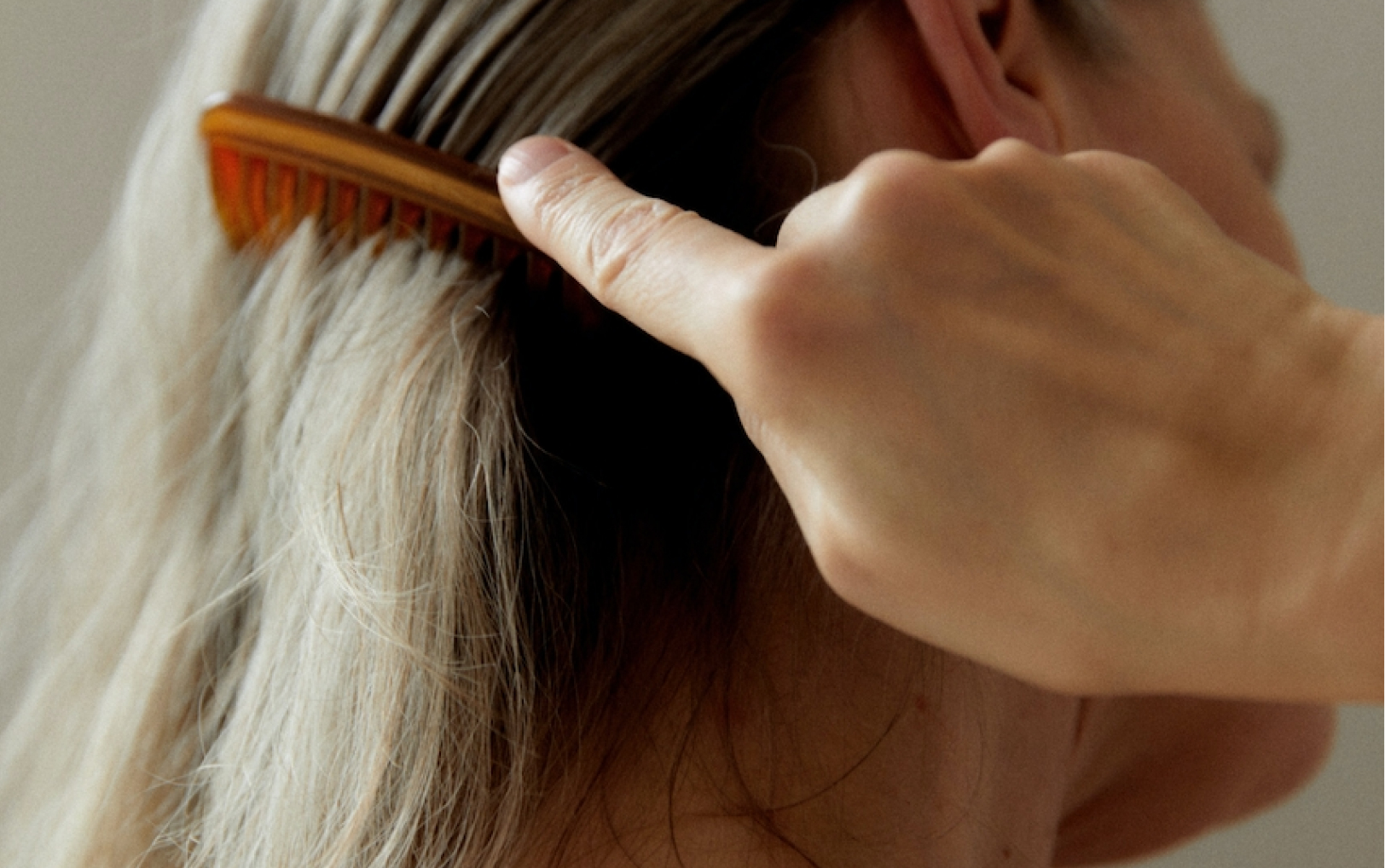science
How Much Biotin can you Take Per Day?
On This Page

Biotin is an important vitamin that serves a number of functions in the body. Read on to learn how much you should get per day.
What is Biotin?
Biotin is one of the eight B vitamins; it’s also known as vitamin B7. Much like the other B vitamins, biotin helps your body convert the food you consume into the energy your body needs to function at an optimal level. It’s also essential for the healthy functioning of your nervous system. Biotin supplements are popularly used to promote hair, skin, and nail health. (We’ll talk more about that below when we discuss symptoms of biotin deficiency.)
How Much Biotin to Take Daily
There’s no recommended daily allowance (RDA) of biotin, and people’s needs tend to vary based on age and whether or not you’re pregnant or lactating. The adequate intake value is considered to be 30 mcg for people 19 years of age and older. If you’re lactating, that number goes up to 35 mcg.
Maximum Safe Dose
There’s fortunately no evidence that biotin is toxic for people at high intakes. This finding has been borne out by several studies.
However, studies have found that biotin doses above 1 mg can affect lab tests, leading to falsely high or falsely low lab test results. Such incorrect findings can lead to misdiagnoses and inappropriate medical care. Biotin supplementation has also been shown to affect several common tests for thyroid health. So, if you’re taking a biotin supplement, you should be sure to let your doctor know before completing any blood work.
Can You Take Too Much Biotin?
Biotin is a water-soluble vitamin, which means that any excess biotin will be disposed of through the urine. That said, as mentioned above, taking biotin can affect lab values. Be sure to consult a medical professional before adding any new supplements to your routine.
Should You Take Biotin in the Morning or Night?
To get the most out of your biotin supplement, consistency is the key. Remember that biotin is a water-soluble vitamin – your body won’t store it for very long. Your body uses the water-soluble vitamins it needs for the day, and gets rid of the rest through your urine. So, if you want biotin to have its desired effect, you should be sure to take it on a daily basis. The good news is that biotin leads to neither excitability nor drowsiness, so you’re fine to take it any time of day. You may want to take it whenever you’re taking the rest of your supplements, just so you remember. Many people like taking their supplements first thing in the morning. If you’re taking biotin along with some fat-soluble vitamins, you may want to take it with a meal.
Foods that Have Biotin
It’s important to remember that vitamin supplements are no substitute for a nutrient-dense, healthy diet. Biotin also happens to be richly available in a variety of food options. Some of these options include:
- Beef liver and organ meats
- Salmon
- Pork
- Legumes
- Almonds
- Sunflower seeds
- Sweet potatoes
And these options are really just scratching the surface! Talk to your doctor or a registered dietitian about working more biotin into your diet. As always, you’ll want to be mindful of food-processing techniques that might make it harder for your body to absorb the biotin in these foods. Getting nutrients from natural sources is the best way to go.
Symptoms of Biotin Deficiency
Biotin deficiency happens to be rare. When it does happen, it’s usually caused by consuming raw eggs – the avidin found in raw egg whites binds to the biotin, thus making it unavailable for the body to absorb. Since our bodies have a harder time absorbing nutrients as we age, it’s also possible for older adults to experience a deficiency. Pregnant and breastfeeding people may also be at risk of a deficiency, due to the increased demands on the body.
Some symptoms of biotin deficiency include hair loss, dry skin, fatigue, swelling at the corners of the mouth, and struggles with sleep. It’s important to note, however, that these symptoms aren’t exclusively the province of a single nutrient deficiency; there can be several different causes. If you suspect you have a nutrient deficiency, you should talk to your doctor about confirming your nutritional status through lab work.
The Bottom Line
Most people are able to get enough biotin from their diets alone. Adequate intake for all adults 19 years of age and older is considered to be 30 mcg daily, though that number goes up to 35 mcg for people who are pregnant or breastfeeding. Some signs of biotin deficiency include hair loss, dry skin, fatigue, swelling at the corners of the mouth, and struggles with sleep. Biotin supplements are commonly used to promote hair, skin, and nail health.
Biotin is considered safe at higher doses, but studies indicate that taking too much biotin can interfere with various lab results. If you’re having blood work done, be sure to discuss your biotin supplementation with your doctor.
You can take your biotin supplement whenever you want, day or night; the key is to stay consistent with your routine.



